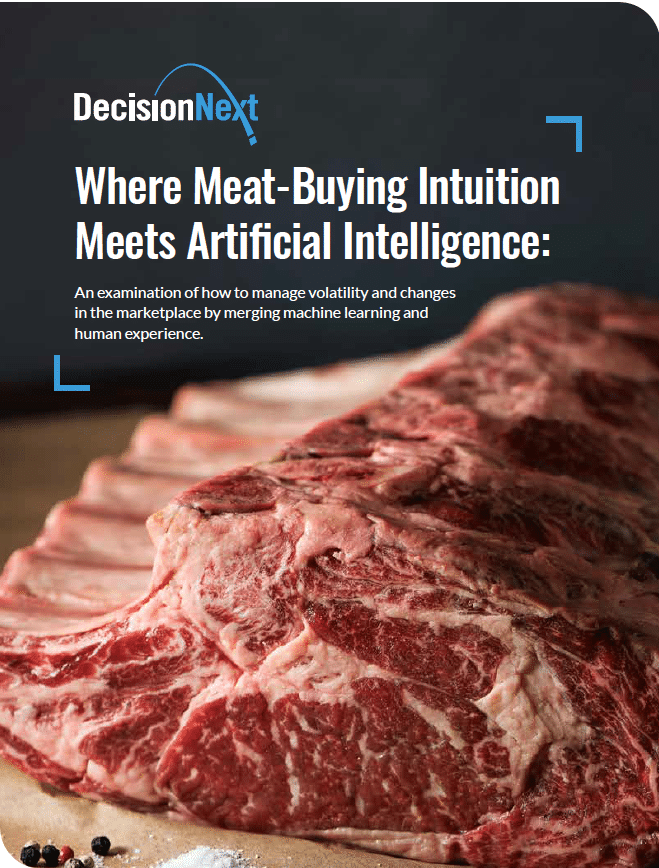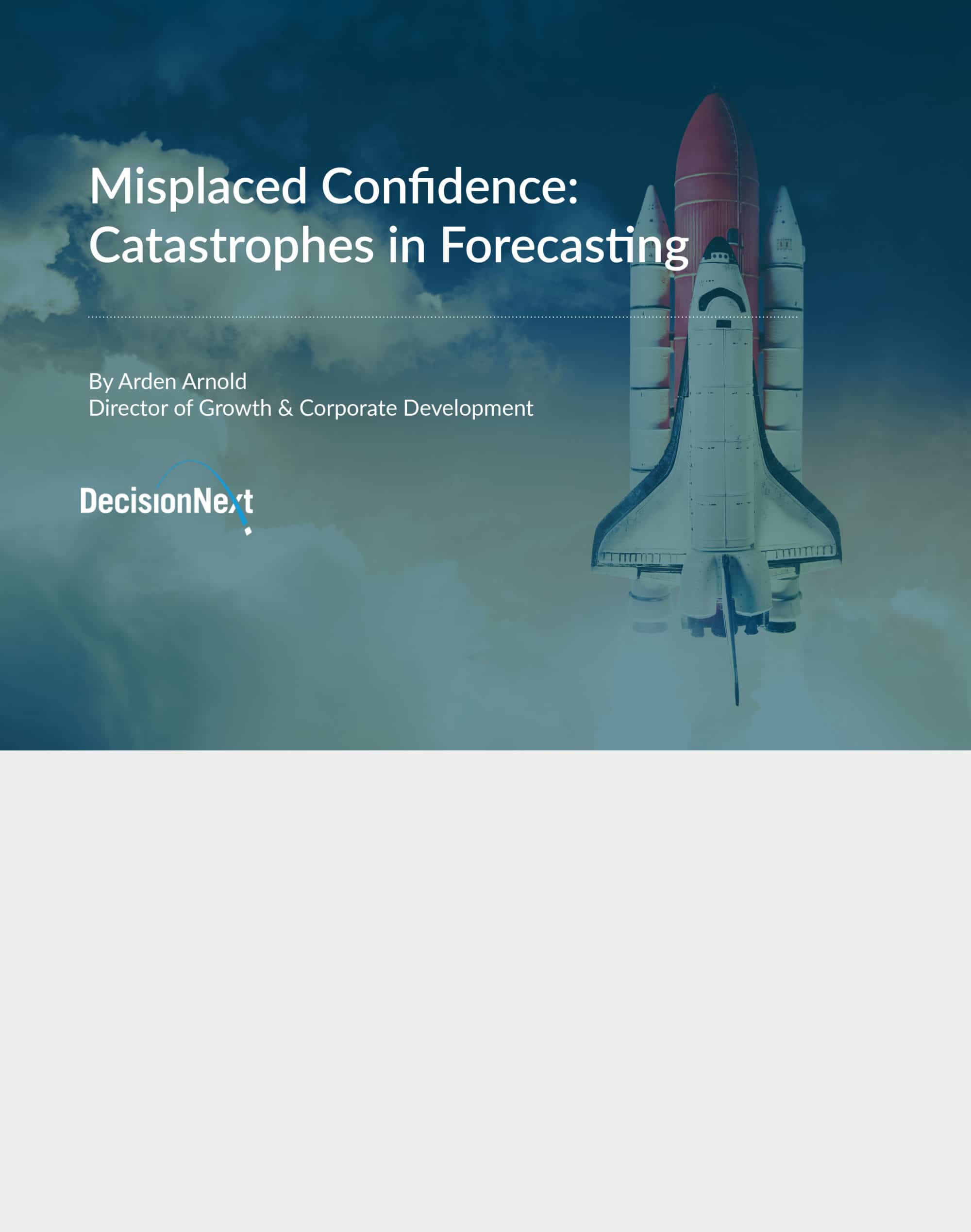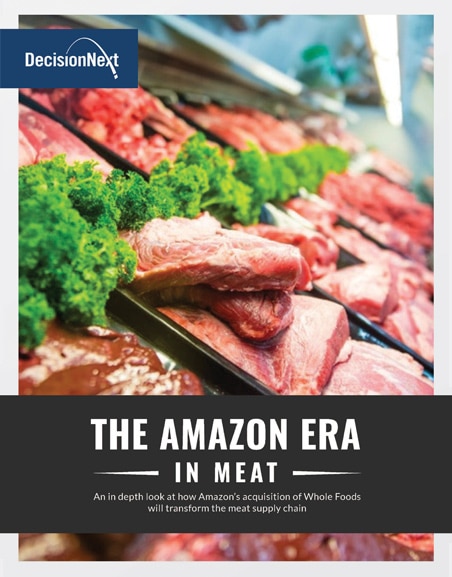As the spread of COVID-19 continues to affect businesses across the globe, major players in the mining industry are beginning to crack under the pressure.
BHP fears that the coronavirus will significantly affect global supply chains. BHP is not alone in these concerns. Many other businesses within the mining industry have already been affected by COVID-19, and others are adjusting their business strategies to plan for the inevitable impact of the coronavirus.
Here are a few ways that COVID-19 has disrupted the mining industry in 2020:
Project suspensions
COVID-19 has caused many miners to suspend or even shut down mining in various countries in order to stifle the spread of the coronavirus, comply with quarantine regulations, and protect their workers.
Large mining companies like Anglo American PLC, Newmont Corporation, and Freeport-McMoRan Inc. have had to delay mining in Peru due to the country’s national quarantine. Other miners like Vale S.A. have had to close down mines for weeks at a time in order to make sure their workers are safe and that they are reducing the likelihood of spreading COVID-19 to surrounding areas.
These project suspensions and cancellations have had a negative impact on these miners. Vale S.A., for instance, which produced 35,000 tons of nickel at Canada’s Voisey’s Bay last year, will have to rely on stockpiles in order to produce the same amount of nickel this year after halting mining at the site. Vale S.A. noted that this problem will only get worse as more countries enforce lockdowns in the coming months and weeks, predicting that they will not be able to produce as much iron ore this year as they have in the past.
Decreased demand
The spread of the coronavirus has led to a decrease in demand for many goods, especially those produced by miners.
In addition to shutting down several mines for a period of time, the coronavirus has also led to production shutdowns for many factories across the world. As factories like Volkswagen AG, which depend on resources from mining companies to manufacture their goods, have closed factories in countries facing lockdowns and national quarantines.
Naturally, this has decreased the demand for these resources, which will have an impact on the bottom lines for these mining companies over the next few months.
While miners specializing in certain resources, like coal, might expect to see an uptick in demand as countries try to pull themselves out of economic turmoil in the next year, the majority of businesses in the mining industry are preparing for a decrease in demand.
Decreased share prices
If countries continue to impose lockdowns and force mining companies to delay or stop production, it will lead to a major decrease in the supply of copper, steel, gold, and many other vital resources across the world. This potential disruption to the global supply chain has spooked many investors, leading to a negative economic impact on businesses in the mining industry.
Anglo American PLC, for instance, has seen its shares decrease by 40% this year as a result of the coronavirus. Investors are getting rid of their mining shares due to fear of the impact COVID-19 will have on the mining industry, which is harming miners worldwide.
Navigating the Complexity
Unpredictable global threats, like COVID-19, have the potential to significantly disrupt businesses spanning a variety of industries. It is not enough for businesses to rely on previous experience or old rules-of-thumb to tackle new challenges within their marketplace.
To navigate these complex, uncertain markets, mining leaders must better use data, market knowledge, and analytics to forecast scenarios in real-time. Only then can the best decisions be made quickly and companies can position themselves to shield further damage.









